

Sign in to your Collider account
Summary
- Collider's Perri Nemiroff speaks with Nosferatu's Willem Dafoe and Nicholas Hoult.
- In this interview, Dafoe discusses how Robert Eggers' "cinema language" has evolved through the years, from The Lighthouse to The Northman to Nosferatu, and what it was like working opposite Lily-Rose Depp.
- Hoult talks about Eggers' attention to detail, creating disparity on the set, and how co-star Bill Skarsgård completely transformed for the role of Count Orlok.
For Willem Dafoe, a returning collaborator of Robert Eggers (The Lighthouse, The Northman), Nosferatu is a work of evolved art on the filmmaker's behalf — a feature that shows how the writer-director has only continued to fine-tune his craft. For Nicholas Hoult, it's a first-time experience with an auteur who is "inspiring in every step," leaving "no leaf unturned." For Eggers, Nosferatu is a decade-long passion project that revisits a 1920s classic, with Bill Skarsgård tackling the iconic role of Count Orlok.
In the movie, Hoult plays Thomas Hutter, the man tasked with locating a new residence for the mysterious Count Orlok. In a twisted turn of events, Orlok is made aware of Hutter's wife, Ellen (Lily-Rose Depp), and becomes infatuated with the young woman, using his powers to influence her. To put a stop to Orlok's chilling possession, Thomas seeks the help of Dr. Wilhelm Sievers, played by fellow returning collaborator Ralph Ineson (The Witch, The Northman), and Professor Albin Eberhart von Franz (Dafoe).
In this interview with Collider's Perri Nemiroff, Dafoe and Hoult give us a glimpse of what it was like on the set with their director and co-stars. They discuss how Eggers created a socio-economic chasm between two characters, the visually stunning way he designs his shots, and just how detailed he gets when it comes to realizing his vision. They also talk about working with Depp and her quiet ferocity, and how Skarsgård all but disappears in his role, making it a terrifying experience while filming.
Robert Eggers Created Socio-Economic Tension on Set
“This is your pocket watch. It's nice, but look at Aaron's pocket watch.”
PERRI NEMIROFF: Nicholas, you are working with Robert for the very first time on this particular film, and with every film he makes, I always leave the theater going, “There isn't a single person on this planet who could direct that movie quite the way he did.” So I'm curious, is there anything you saw him do on this set that speaks to that kind of singularity, something he does that shows you everything he makes is uniquely his own?
NICHOLAS HOULT: Every step of the way is unique to him, and that's what's special about it. I would text him sometimes, and I would think it would be the middle of the night, and he'd respond back, being like, “Oh, no. I was up thinking about which cigar is the correct one for you and Aaron [Taylor-Johnson]'s character to smoke in this scene.” Then another time, he was up watching movies because he was trying to find the perfect snow on film for the feel of the snow he wanted in this movie. So, there's no leaf unturned in terms of him creating and bringing his exact vision to the screen. That's what's magical about working with him because it's inspiring in every step. He knows exactly what he wants and brings people around to deliver that as best as possible.
I'll follow up on that. Is there any particular small detail that pertains to your character that might not be front and center, but was important to both of you, and we can feel influencing your performance?
HOULT: Obviously, for Thomas, he's very influenced by trying to attain wealth and feel like he can pay back his debts, and also provide better for Ellen. So then, there's an interesting thing sometimes where you go into period pieces like this, the clothes all feel very fancy because of the period where you have braces and nice trousers and things. But then Rob would go in and be like, “Feel that. Feel the type of fabric that you have. This is not as nice as Aaron's character, who's wealthier is you.” So, all the little things like that, like on the pocket watch, being like, “This is your pocket watch. It's nice, but look at Aaron's pocket watch.” [Laughs] So, you feel the disparity between the socio-economic class of those two characters. You understand what it is that's driving him and what he's slightly embarrassed by.
Robert Eggers Frames Scenes Like "Visceral" Vermeer Paintings
"He gets braver and braver."
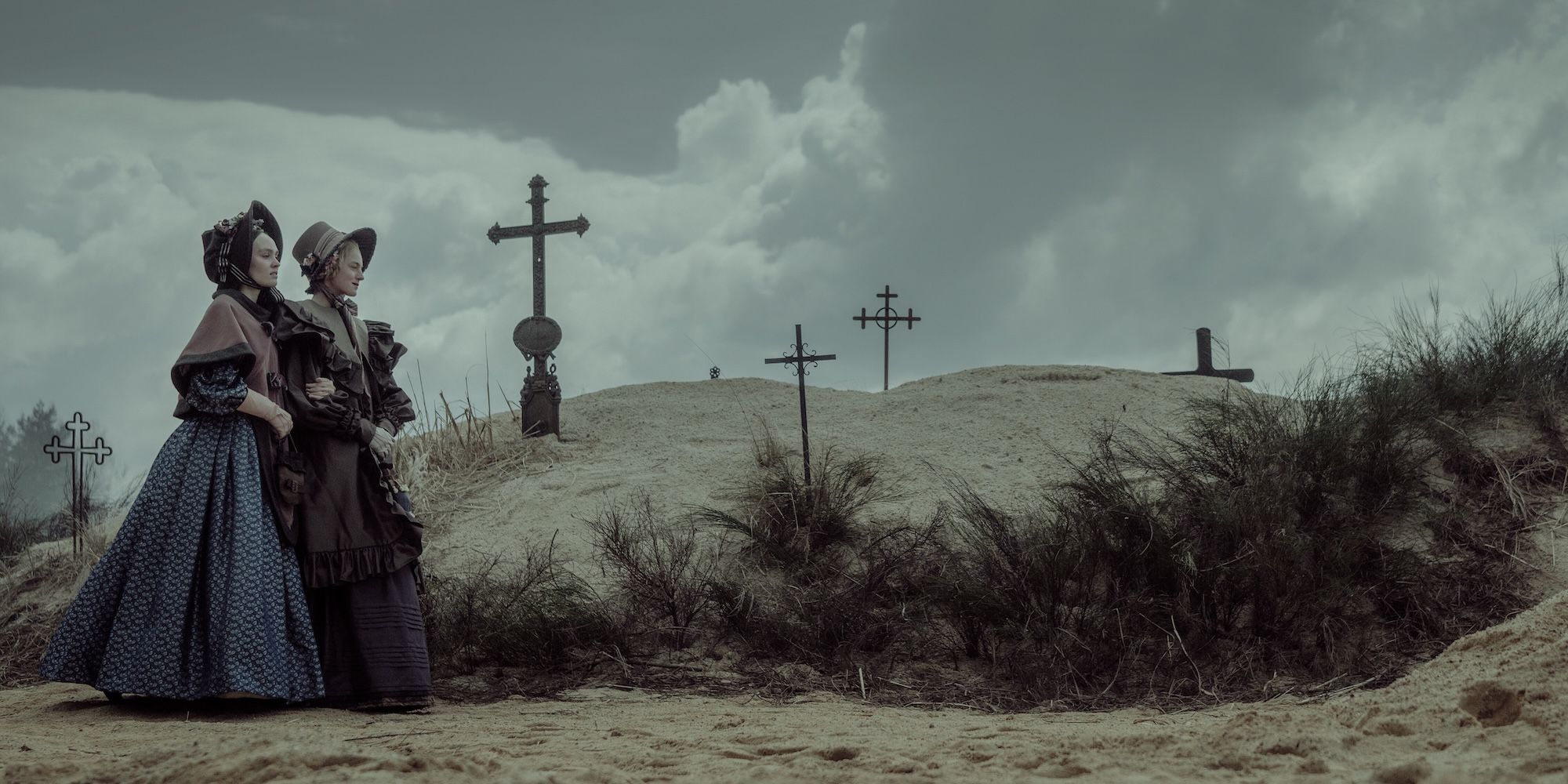 Image Via Universal
Image Via Universal
Willem, this is your third collaboration, so you go into this knowing what Robert is capable of, but I'm still curious, on the set, is there anything he did that made you stop and go, “Wow, I knew you were good, but I never realized you'd be capable of doing that?”
WILLEM DAFOE: I think his design of shots with Jarin Blaschke is probably the most impressive thing, because that was there in The Lighthouse, that was there in The Northman, but I think it gets more and more refined, and he gets braver and braver and more daring. The funny thing is, they aren't showy shots, but he uses cinema language and the camera in a way that, in my experience, few people do — these long shots that are very designed, and they create a fluidity that really allows you to enter the scenes and have that kind of rhythm that you couldn't get if that's only created by coverage. So, that's very special, and I think that gets more and more refined.
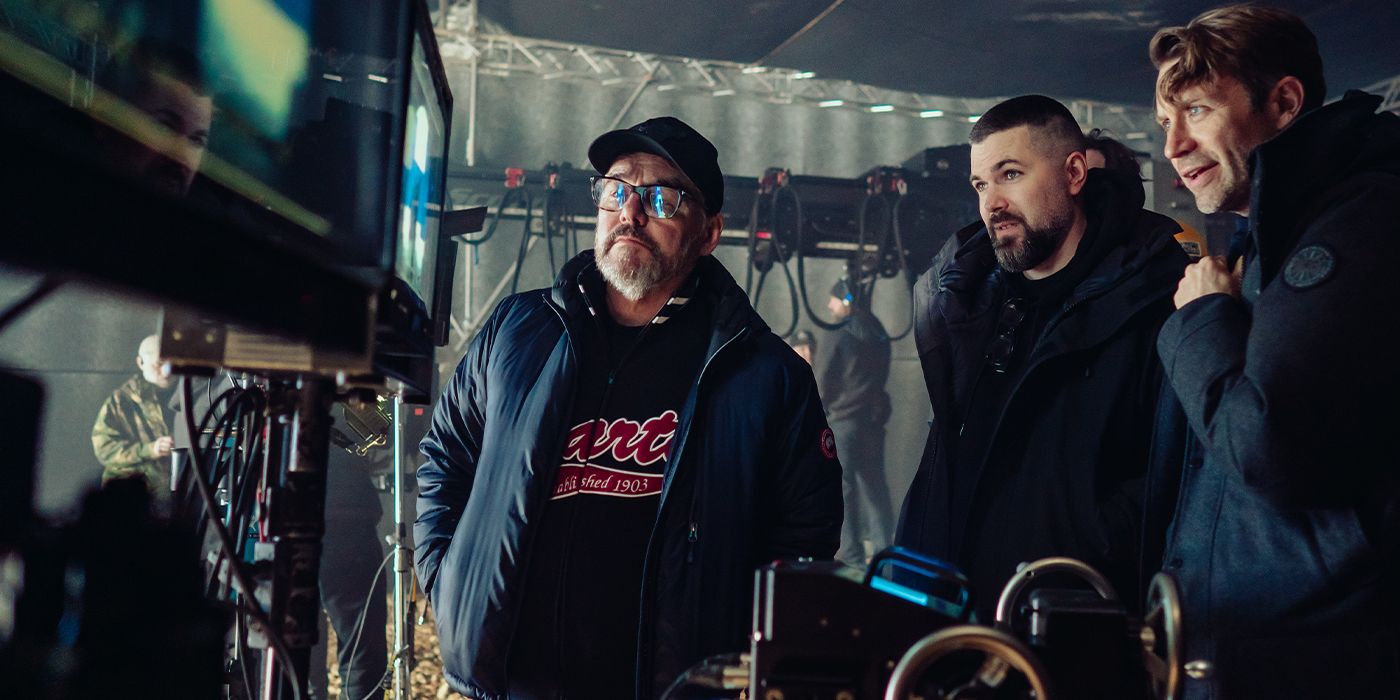 Image via Focus Features
Image via Focus Features
I feel bad putting you both on the spot with this question, but given you just brought that up, do you each have a single favorite frame of this movie?
DAFOE: That's really hard, but there is a shot, it's a static shot, it's unusual, and it looks like a Vermeer. It's so beautiful. I think Lily is on the right side of the frame, and it's quite a broad shot. I can't describe it specifically, but some of the lighting is so beautiful. That's the shot that I remember that just pops off the screen and says, “Oh my god.”
HOULT: I feel like there's so much iconic imagery, and that's because each frame does look like a painting. But there are also obviously the ones that are seared in my memory at some point, like some of the jump scare moments, because I wasn't always around on set when they were filming those, when they were happening. So, seeing the film for the first time, they were kind of a visceral shock to me, whether it was Bill's face or Lily's face in the moment. Those sorts of moments were compelling and terrifying.
Lily-Rose Depp Delivers a Quiet Ferocity in 'Nosferatu'
"The physicality she brought to this role was unbelievable to witness."
I have to ask about working with Lily-Rose because I've seen her work before and I know she's a very capable actor, but I watch this, and my jaw is on the floor. This is next-level stuff. For each of you, what is something about her as an actor in general, but also maybe as a scene partner that makes you say, “My god, this industry is so lucky to have you as a powerhouse lead performer now?”
HOULT: All the things that you just said. It's magic to be in scenes with her. She is so emotionally available, so honest. The physicality she brought to this role, as well, especially, was unbelievable to witness, but then even more impressively, it's happening within these longer takes where there's not an opportunity for people to pick out the best from each take and edit. She'd have detailed, dynamic performances and huge transitions and do it all within one take, and I find that so impressive as a scene partner, but also as a fan just watching the movie. It's such a compelling, dynamic, incredible performance on every level. Also, she's doing an English accent and I forget about the fact that she's doing an English accent because everything else is so impressive and her accent spot-on, so you kind of forget that she's even doing one.
DAFOE: She's ferocious, but she works in a very quiet way. She's got a real dignity and a real sensitivity that I found really beautiful. I love my scenes with her because my character is the one that sees her, so there's a peculiar complicity there that I like very much.
"There's Not an Element of Bill Left on the Screen" in 'Nosferatu'
"That makes it more terrifying to be in scenes with."
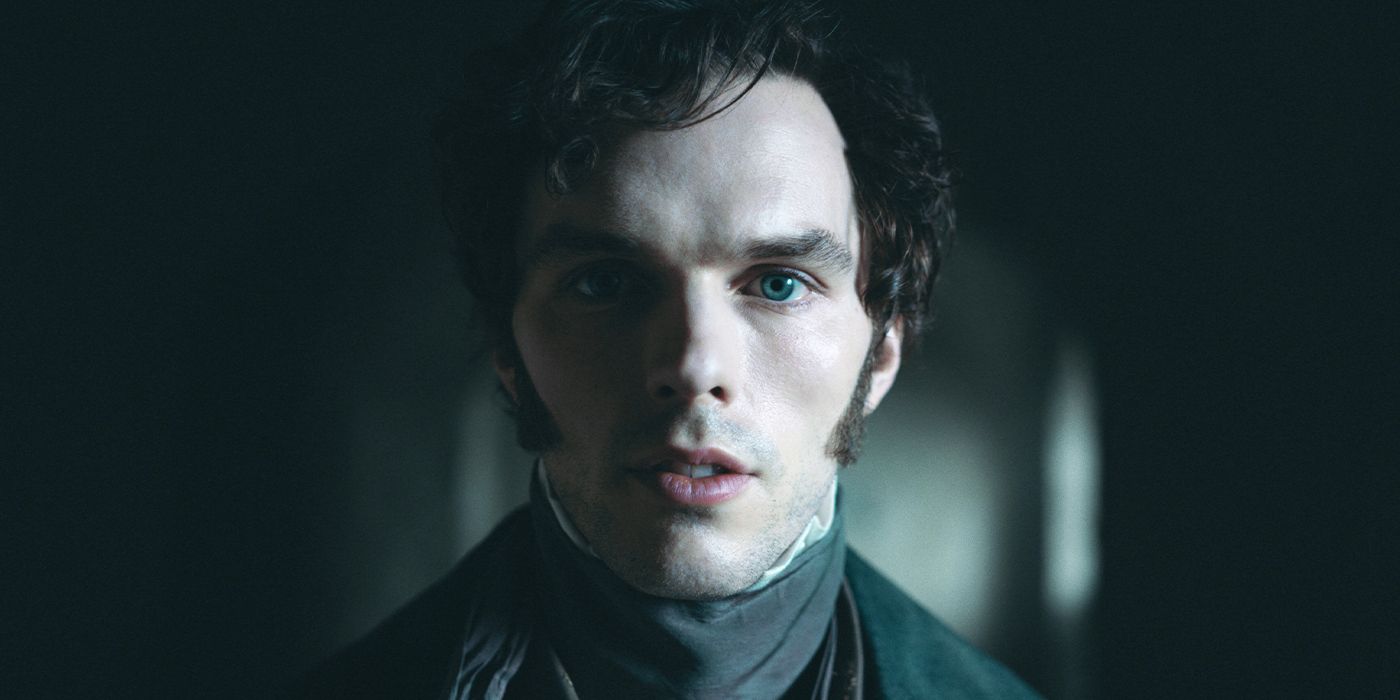 Image via Focus Features
Image via Focus Features
Nicholas, I'll ask you about working with Bill. I love him as an actor in general, but seeing his creature work is another thing that is just absolutely mind-blowing. With him, what would you say is the biggest difference between what it was like on set meeting him as Orlok and then meeting him as Bill for the very first time?
HOULT: Bill's fun. He's got a great sense of humor, and we're kind of both silly.
DAFOE: Boyish. So boyish.
HOULT: Yeah, so it's very different, obviously, meeting Count Orlok. But that's what's so phenomenal about him as an actor is there's not an element of Bill left on the screen. It’s that character from the first moment I heard the voice he was working on to the physicality and how imposing that is. Obviously, the makeup, the costume, every element of that is thought through so perfectly and rooted in so much history that it makes the character feel very authentic and real, and that makes it more terrifying to be in scenes with, but also more brilliant because it completely transports and has an effect on you as an actor.
Willem, I really wanted to ask you about tone, and I'll borrow Robert's words here because he just states it perfectly, “You walk the edge between darkness and humor.” Is there any particular scene of this movie where finding the pitch-perfect balance between those two things was most challenging for you?
DAFOE: Oh, god, I think when I'm trying to convince them what's going on. It's like, I'm dealing with idiots here, you know? So he's kind of patient, and he's trying to deliver this stuff to make them understand, and they're pushing back on it. He's always kind of gathering himself before he goes on to try to convince them some more. Maybe that's not expressed very well, but it has to do with those scenes where they're listening to him, and they're looking to him for answers, but they're not buying what he's saying. He sort of stands outside of it because he sees the world in a much different way than they do.
Nosferatu stalks its way into theaters on December 25.
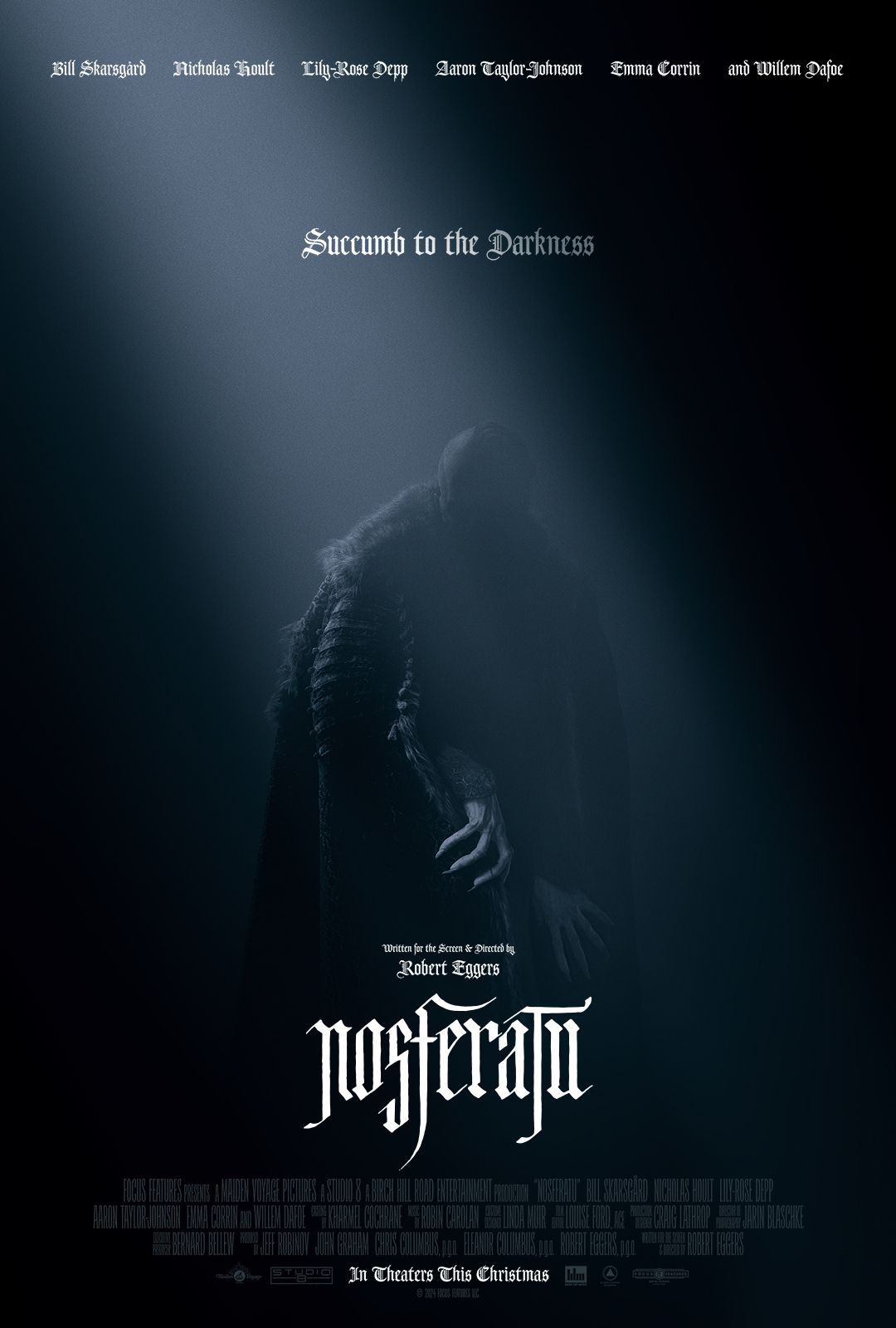
Your changes have been saved
A gothic tale of obsession between a haunted young woman and the terrifying vampire infatuated with her, causing untold horror in its wake.

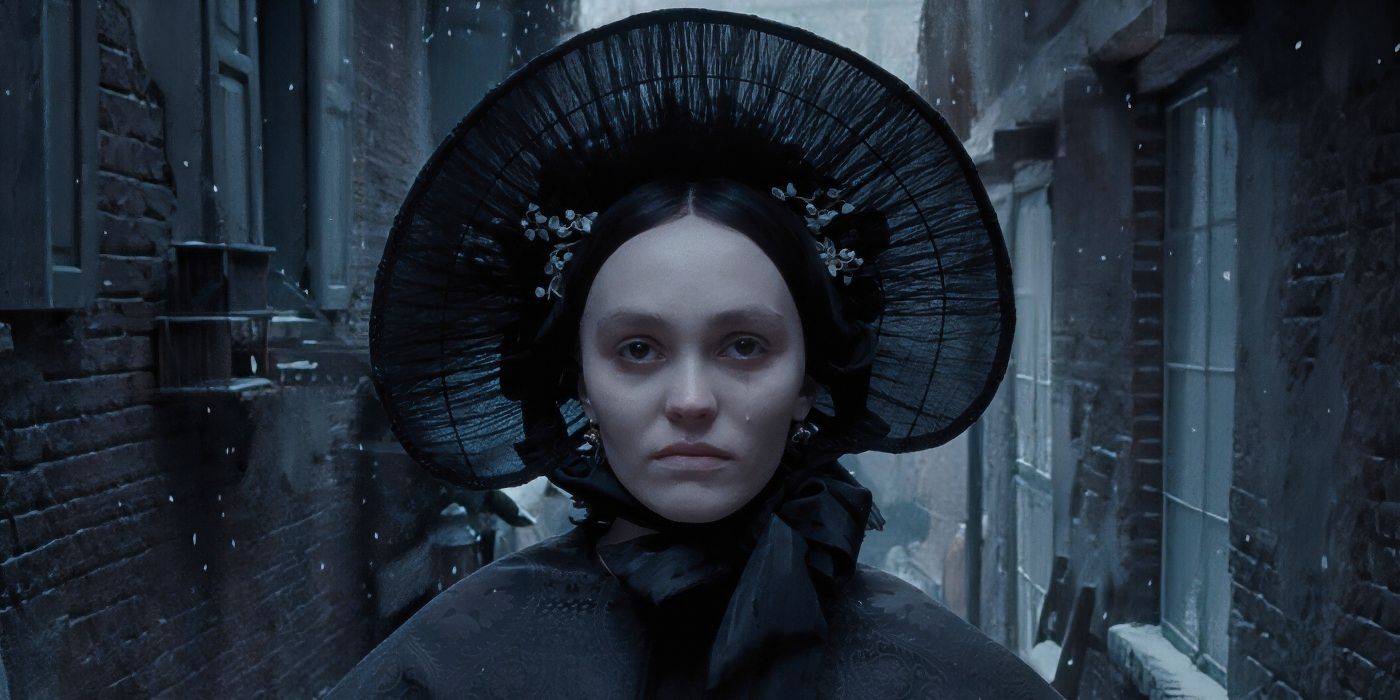
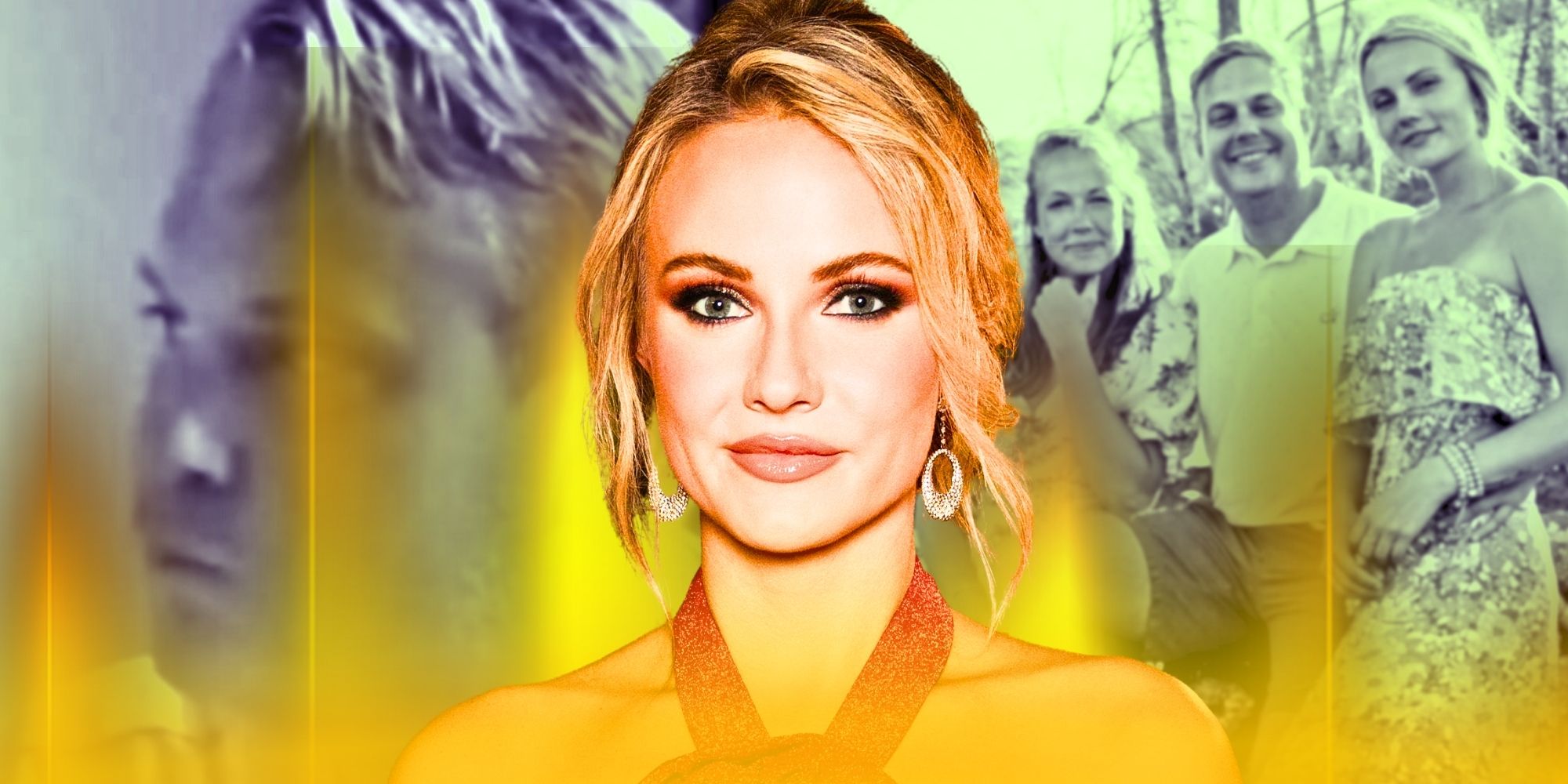
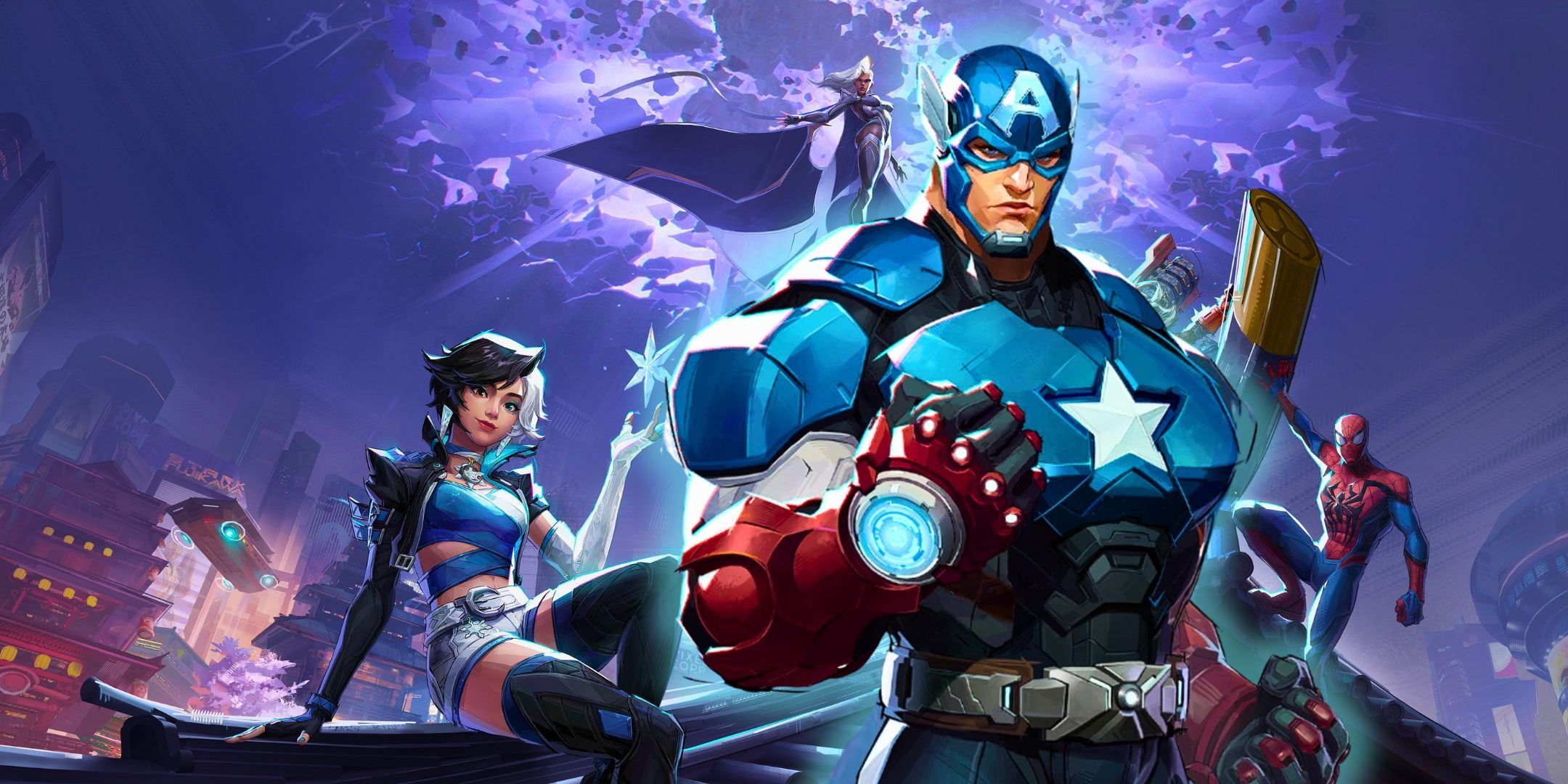
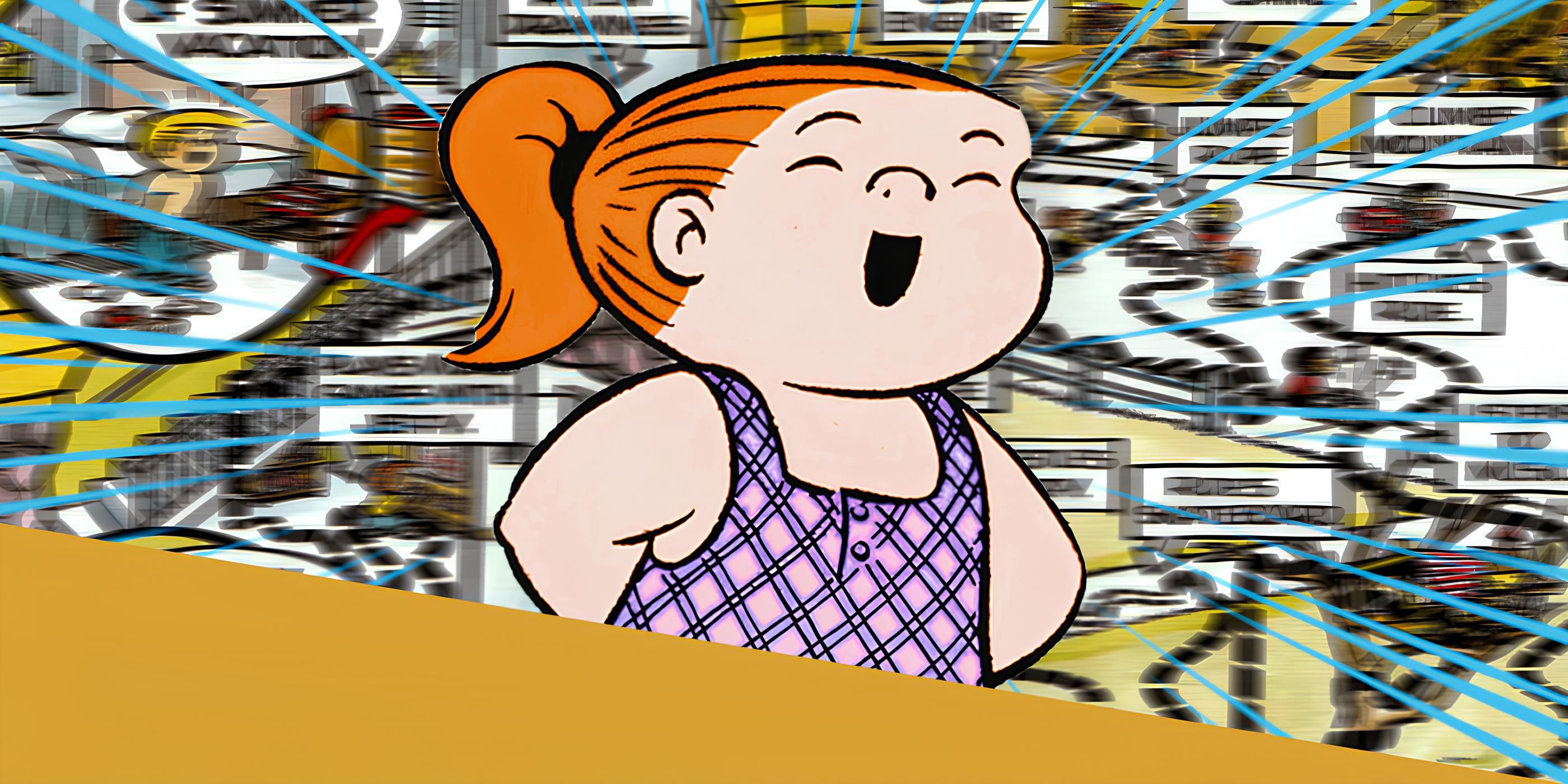

/cdn.vox-cdn.com/uploads/chorus_asset/file/25821777/DSCF4473.jpg)

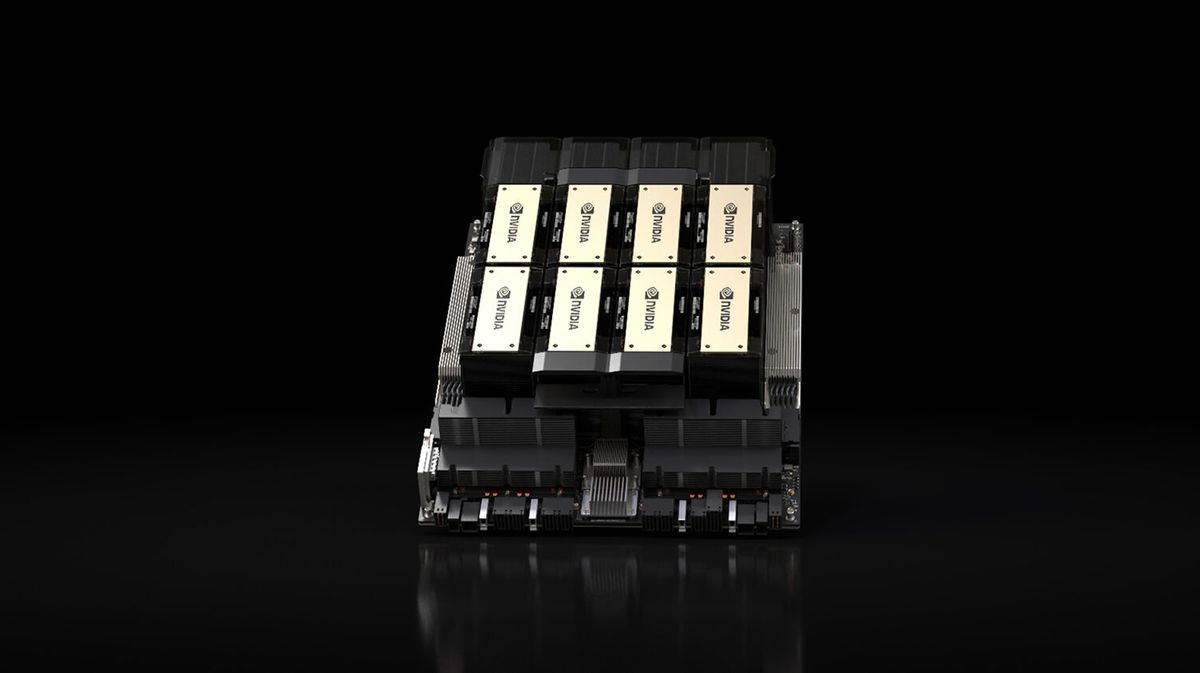

 English (US) ·
English (US) ·